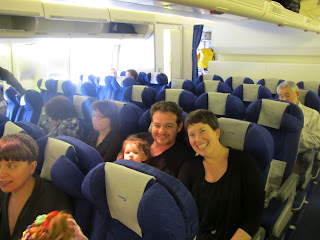Through one of the
Historians attached to Mamaliga Blues, I was able to reach Mr. Levit in
New York. In his 90's, he didn't speak any English, so his son helped us
out. Mr. Levit is a scholar originally from Chisinau and knew that
613 people were exterminated in the Edinitz area in July 19, 1941
- among them was Yeshaya and Sioma Tolpolar, direct relatives.
He also knew of a Tolpolar in the Philosophy department of
the Academy of Science of Moldova, in Chisinau in the 70's-80's. This
Tolpolar was a short, young man, Mr. Levit could not remember the first
name. I wonder if this could have been Volodya Tolpolar, who passed away few years before we went to Moldova in 2008.
Both Mr. Levit and his son were excited to talk. I told them about the film project, and because neither one of them has access to e-mail, I'm supposed to mail some material.
When we were saying good-bye, his son repeated several times "we are Bessarabians!". What did he want to say? I thought about it for a while. That didn't only mean they were from Bessarabia, that I knew very well. It meant, I think, that we shared a common History, me and them. They were born in Bessarabia, but I was from there as well.
Both Mr. Levit and his son were excited to talk. I told them about the film project, and because neither one of them has access to e-mail, I'm supposed to mail some material.
When we were saying good-bye, his son repeated several times "we are Bessarabians!". What did he want to say? I thought about it for a while. That didn't only mean they were from Bessarabia, that I knew very well. It meant, I think, that we shared a common History, me and them. They were born in Bessarabia, but I was from there as well.























